The Belt and the Road Initiative has boosted the tourism sector of countries involved in the Belt and the Road over the past few years, according to a report released on Wednesday.
In 2013, the number of inbound tourists to countries along the Belt and the Road was 431 million person-times, while the number reached 598 million in 2019, 1.39 times more compared to that of 2013 with an annual average growth rate of over 5 percent, said the Report on Development of Tourism Cooperation along Belt and Road, which was released during a conference on "World Tourism Alliance 2021 Research Results" in Beijing.
The initiative has also boosted outbound tourism. The number of outbound tourists from the countries along the route of the Belt and the Road reached 367 million person-times in 2013. And from then to 2019, that number rose by 1.4 times, with a yearly increase rate of 6.1 percent.
The report said that in 2020, the COVID-19 pandemic forced countries to conduct lockdowns, with inflow restricted, flights curbed and international tourism dropping by 74 percent. But the communication modes of tourism cooperation have been altered, with large numbers of online communications, cloud exhibitions and online training being developed, the report said.
Also, at the conference, the World Tourism Alliance released a book containing 50 cases of how tourism was boosting rural revitalization in China, to share with the world its stories and experiences of developing tourism in the rural areas.
Liu Shijun, secretary-general of the World Tourism Alliance, suggested some proposals in developing the tourism sector to boost rural rejuvenation during his speech at the conference. These include: to a build rural governance mechanism characterized by "pursuing collaboration, participation and common interests", and give play to the role of diversified entities; to explore the excellent rural culture and aesthetic value, and create a new scenario for integrated culture and tourism and to adhere to low-carbon, green, ecological and environmental concepts, and stick to the path of green development.
Moreover, creating an excellent environment to attract talents, and thus accumulate inner driving force for rural revitalization is also important, he said.
The conference also announced that the World Tourism Museum will introduced an online exhibition for the first time. Situated in Hangzhou, Zhejiang province, the museum will become the world's first comprehensive museum themed by tourism once completed.
By now, the museum has collected 411 pieces (sets) of objects, which include tourism related cultural relics and collections from China, Germany, France, Japan, Italy and other 21 countries. The collections also cover historical documents in Chinese, English, Japanese, French and other 4 languages from 1820 to 2020.








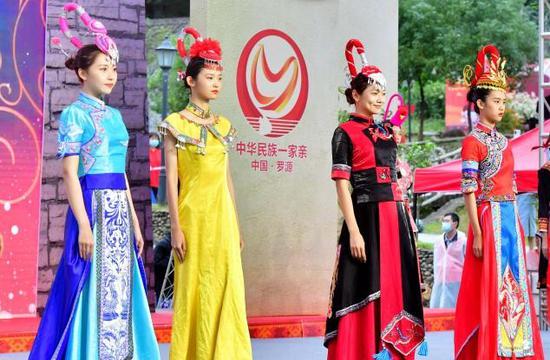

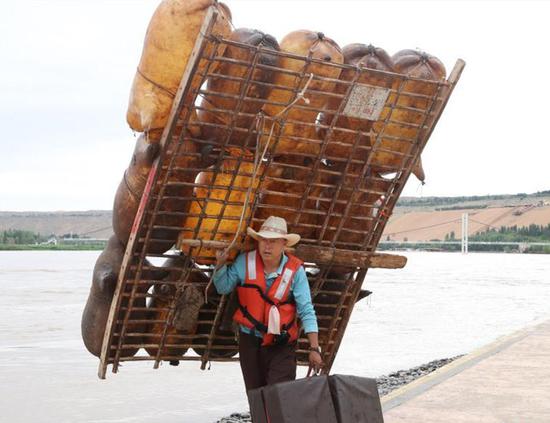

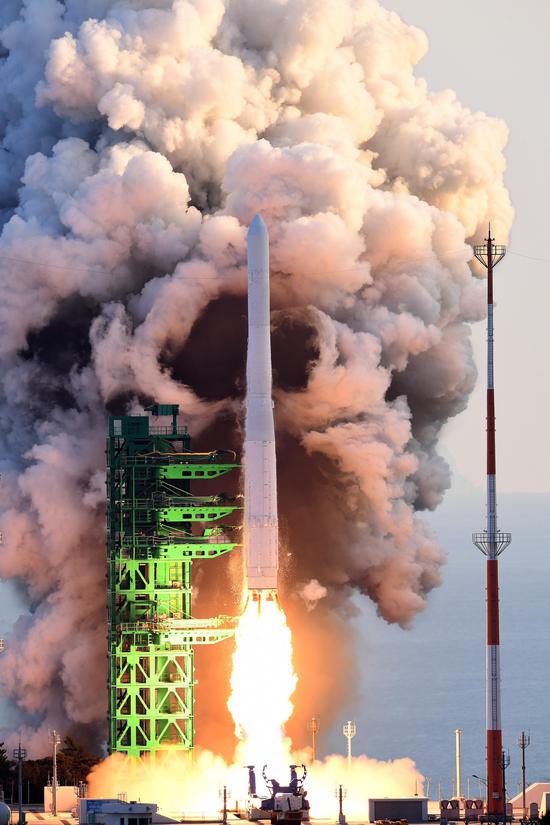
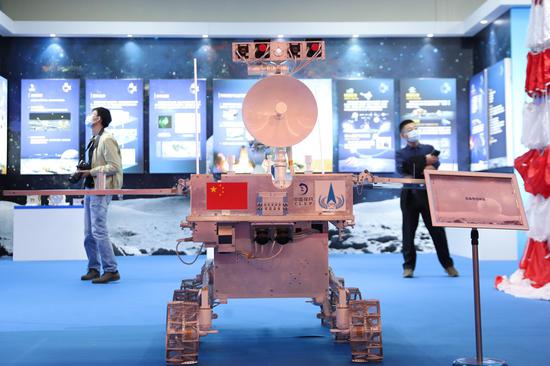
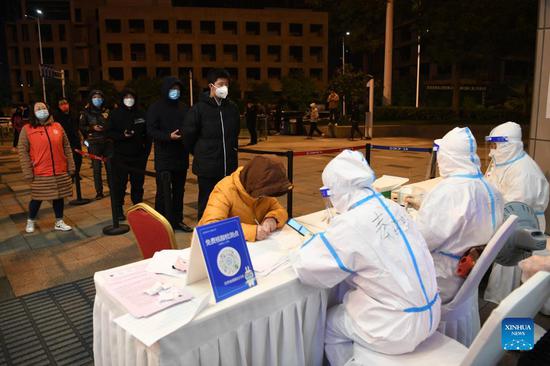
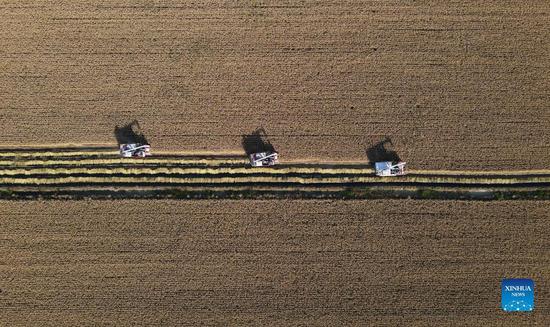
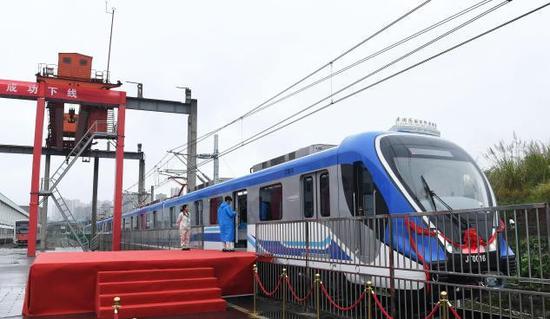

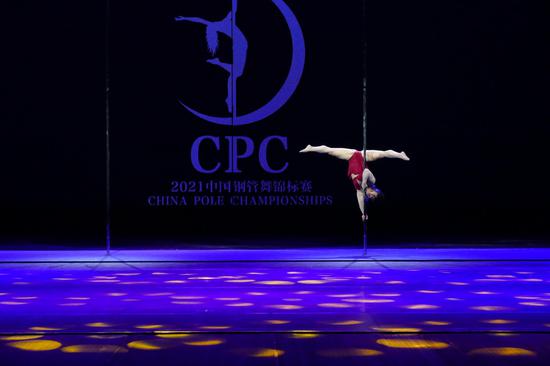
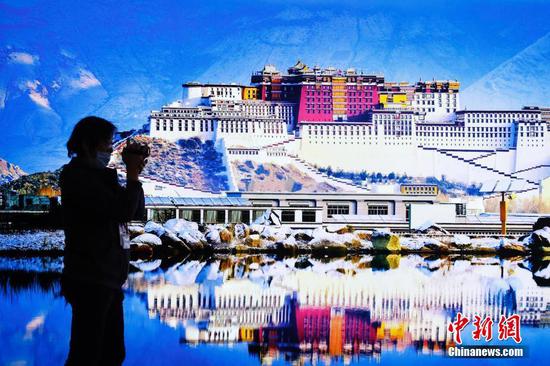


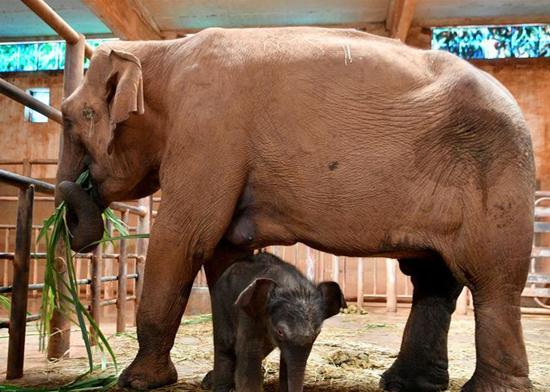
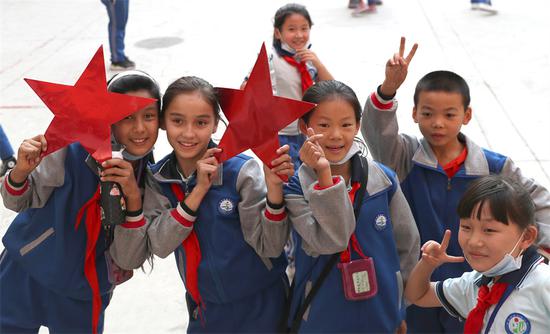
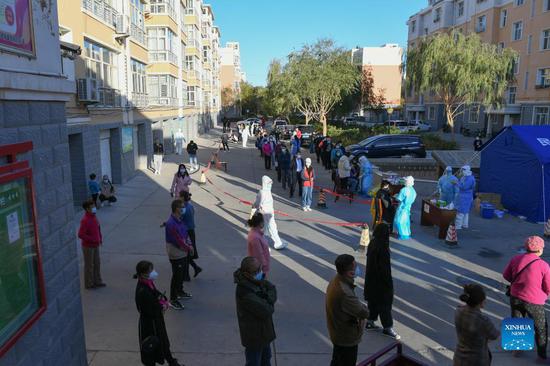
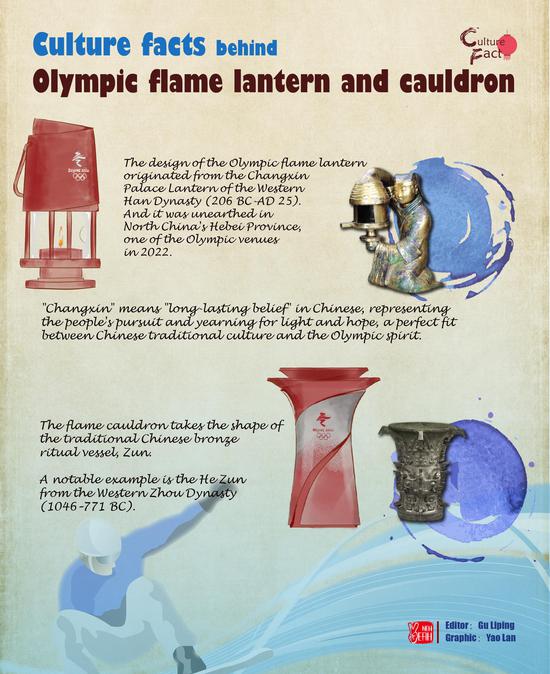

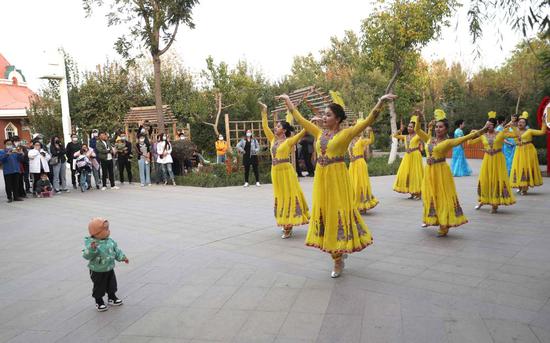
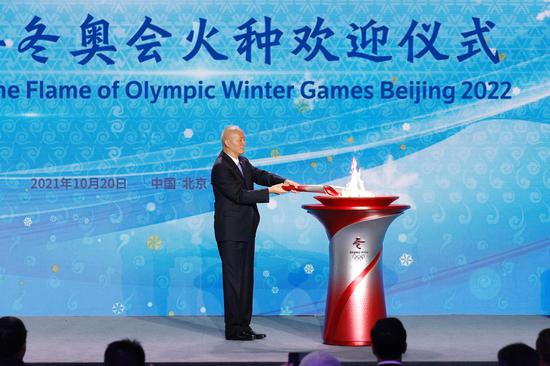

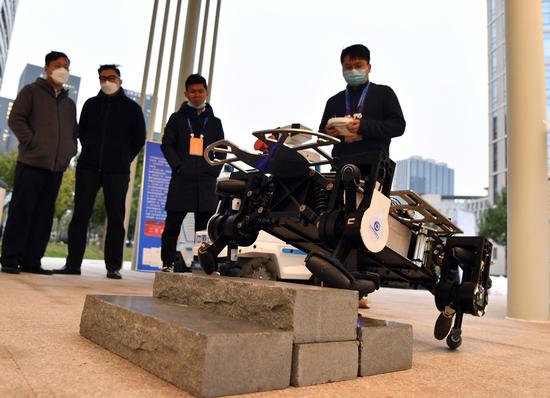
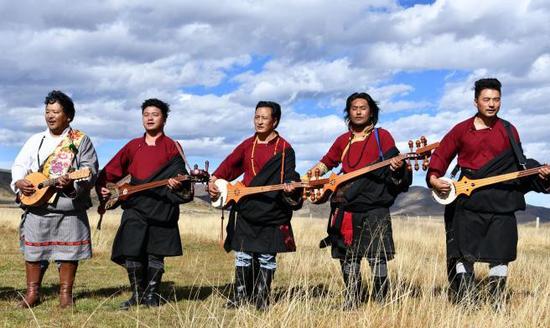

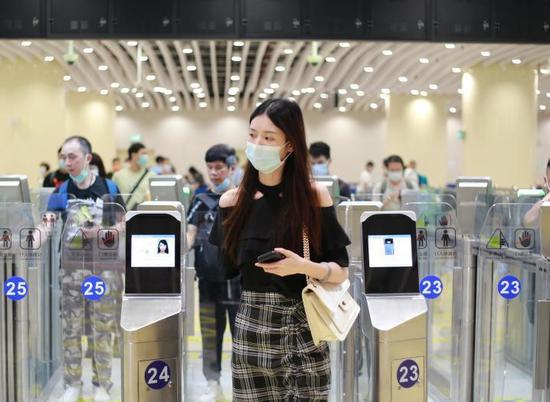
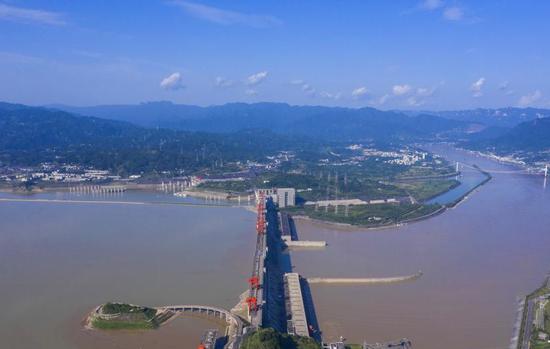


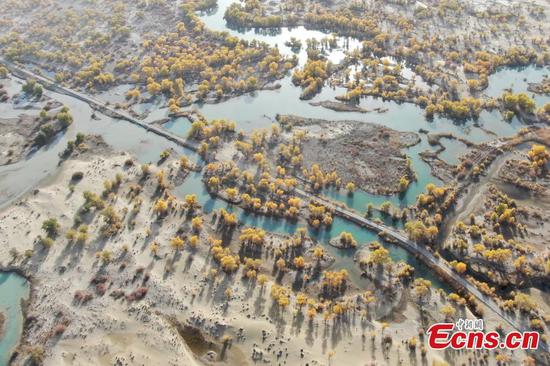
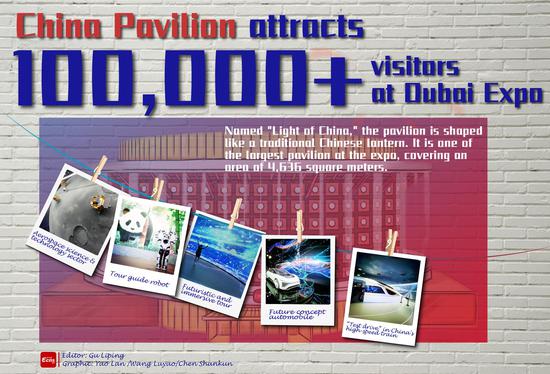
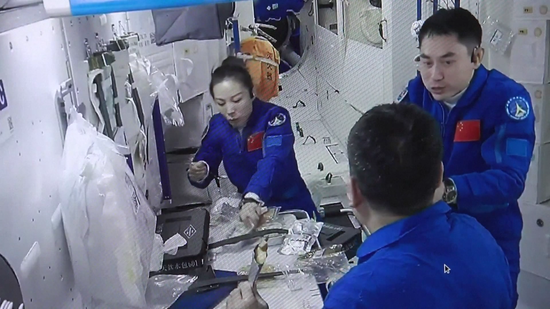
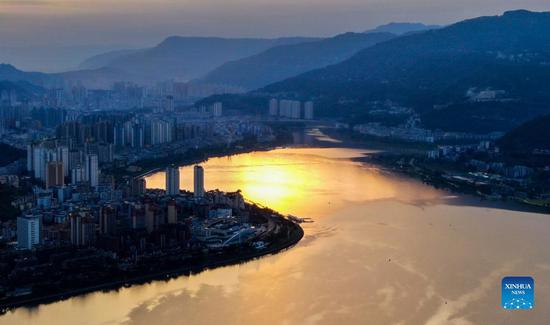


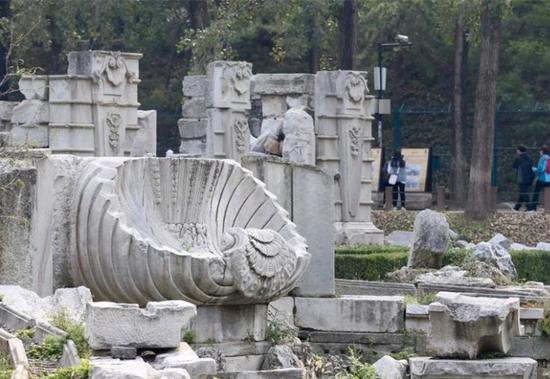






 京公网安备 11010202009201号
京公网安备 11010202009201号